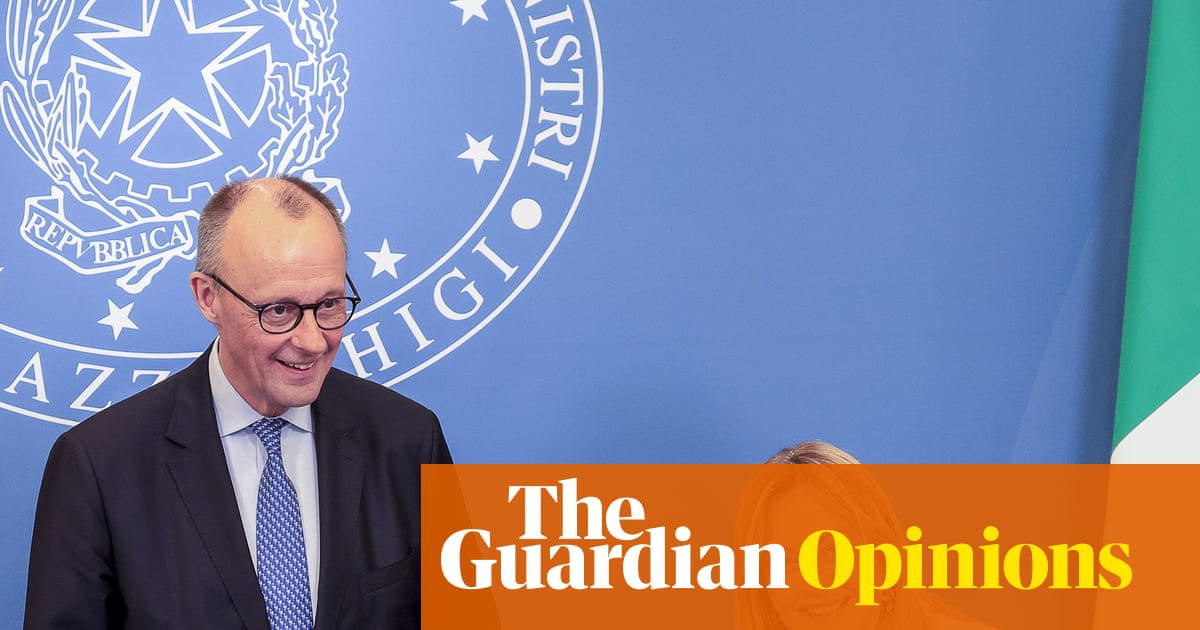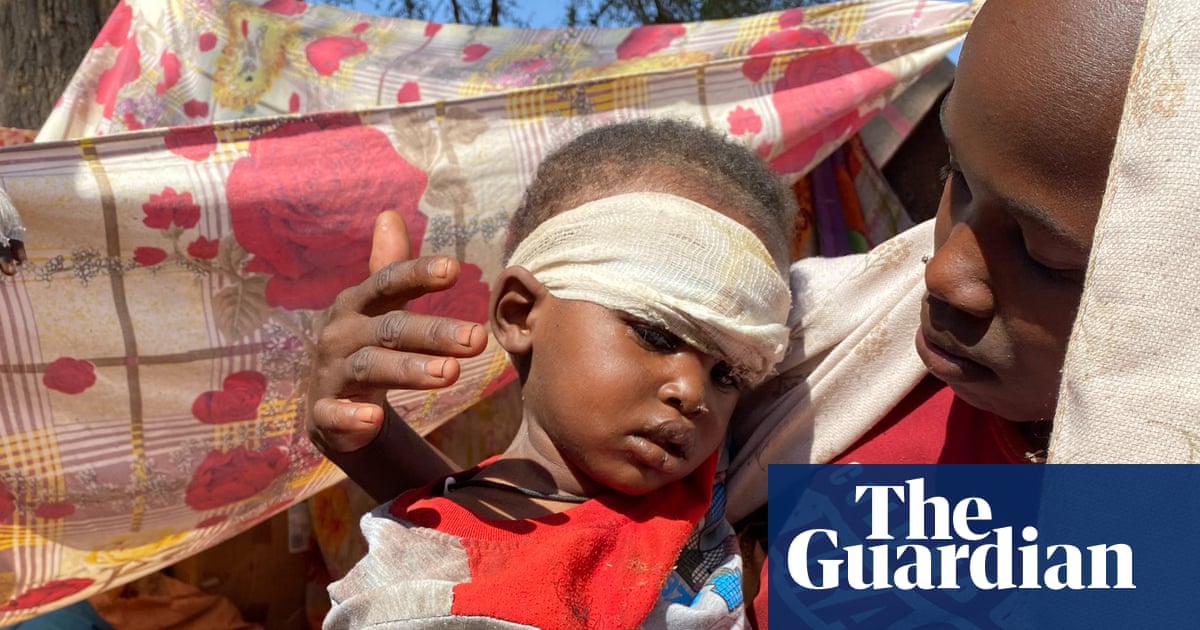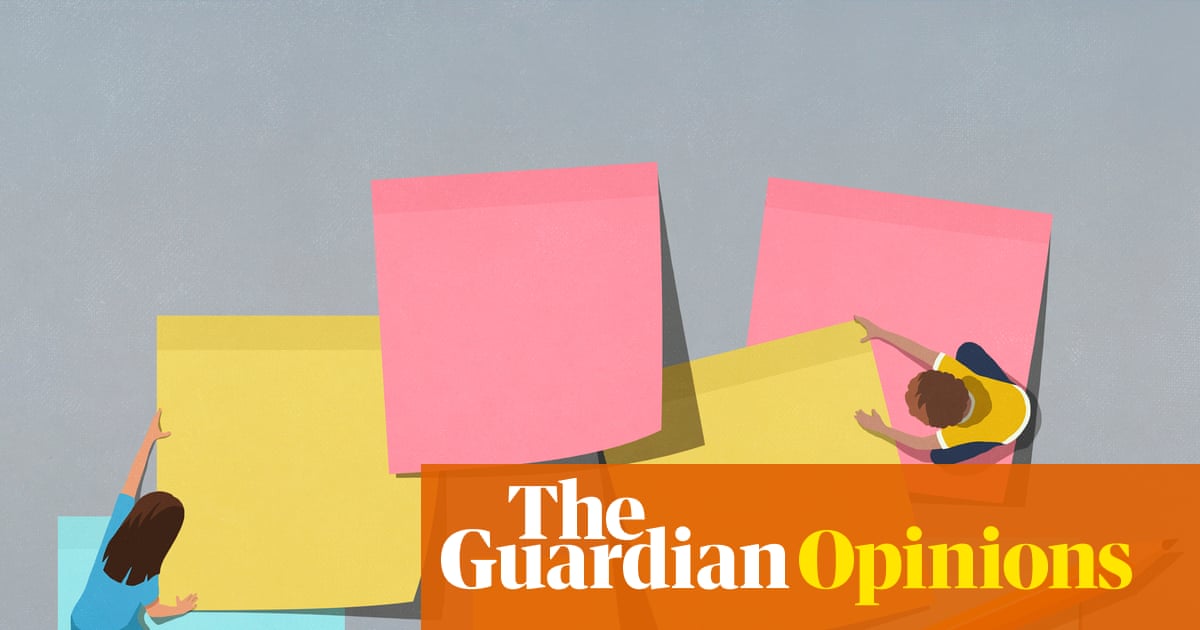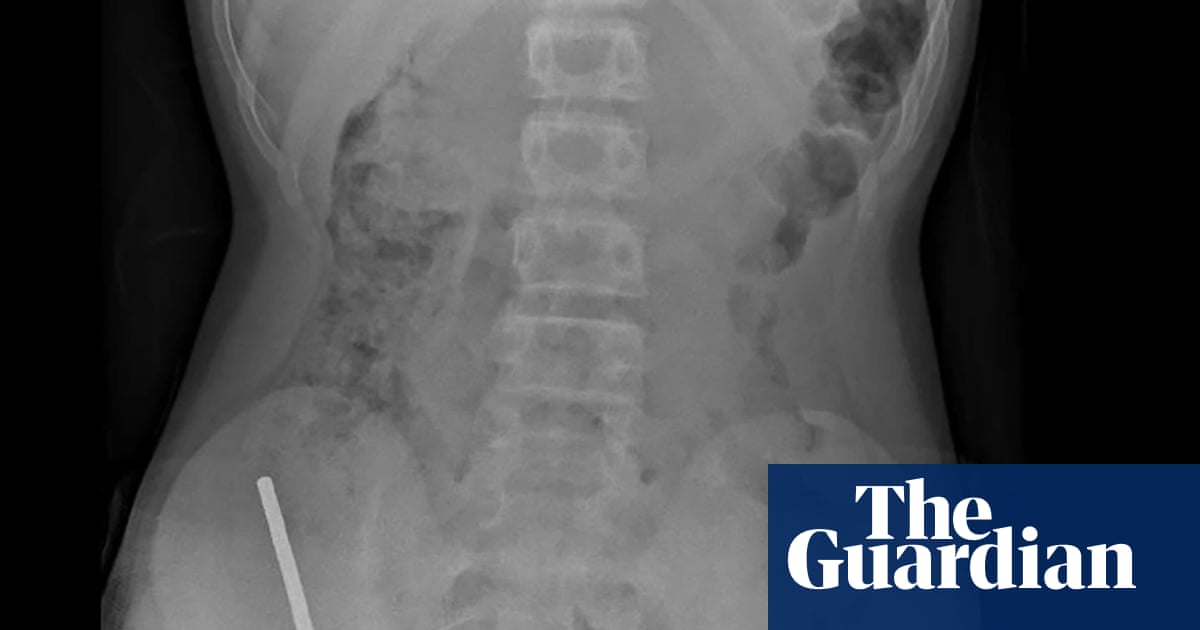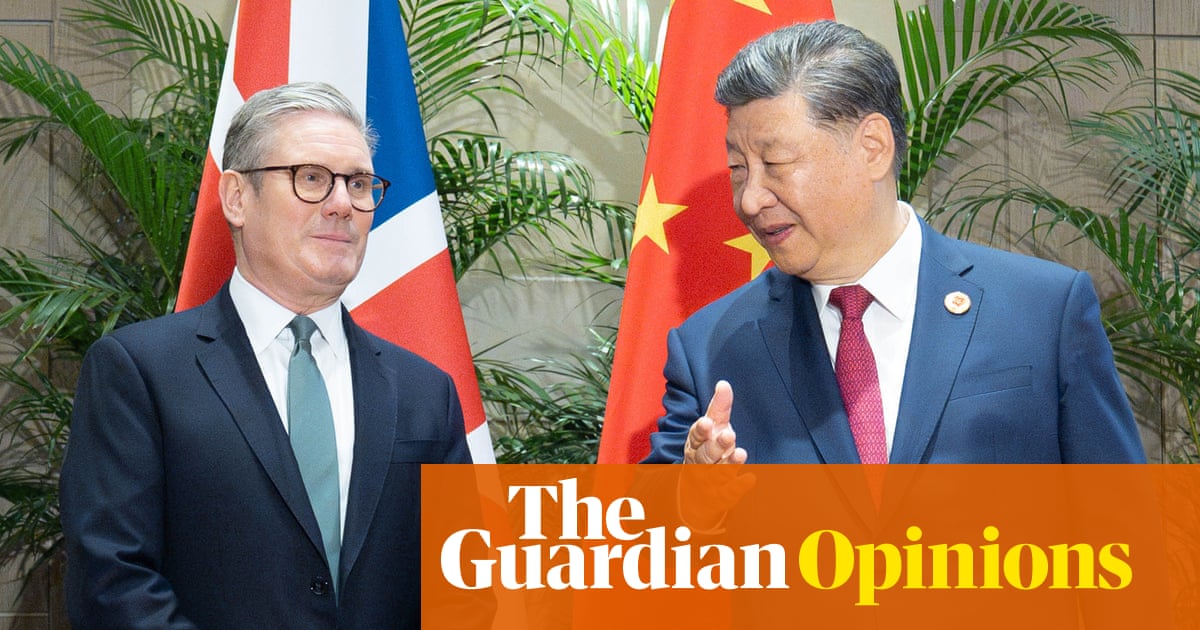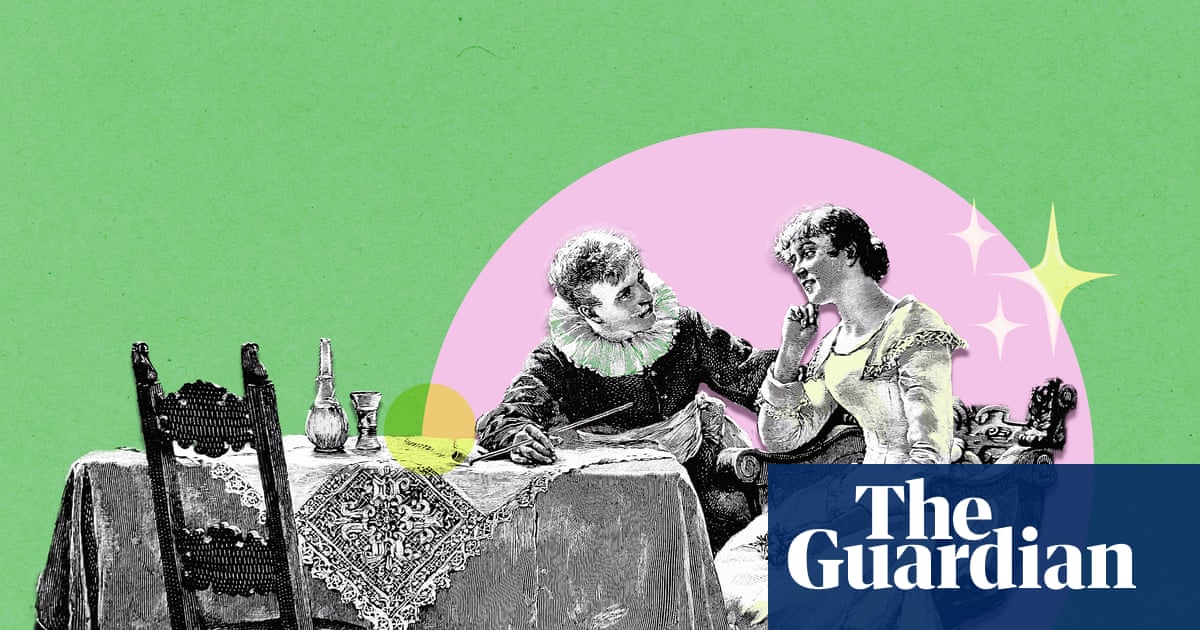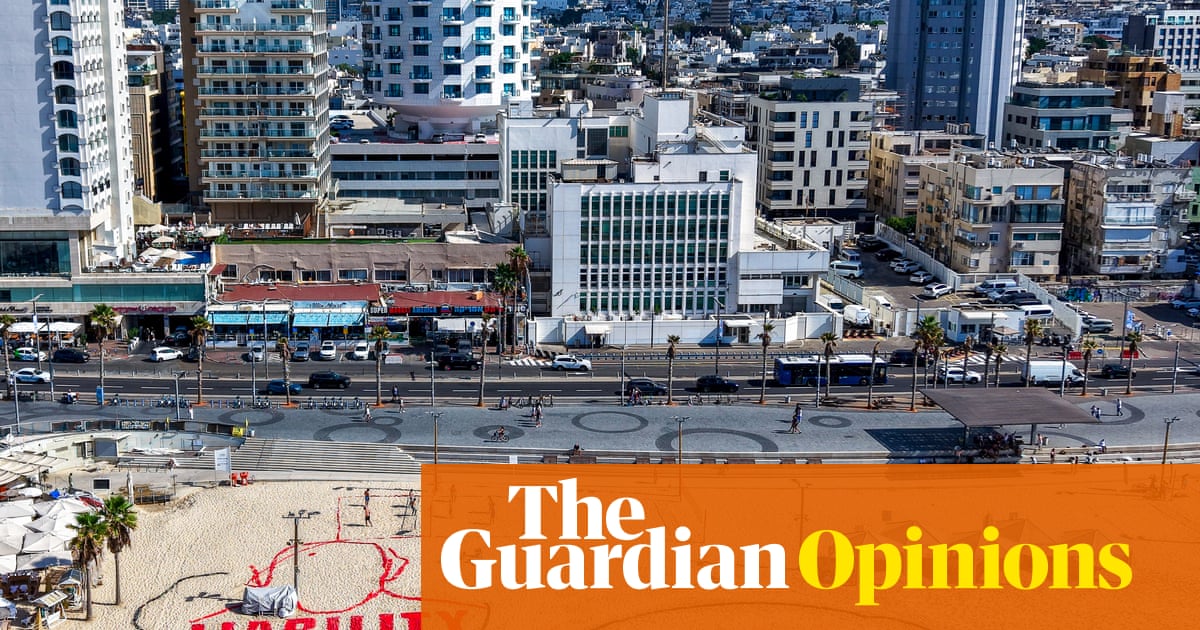In 2015, I found myself advising Poland’s president on the nation’s demographic woes: the country’s fertility rate had stalled at 1.3 children per woman, among the lowest in Europe. I thought I understood the problem. Most Polish couples wanted to have two kids but settled for one. The culprits, I believed, were predictable: precarious jobs, not enough childcare, apartment prices out of reach. At 27, flush with the confidence that comes from being both right and young, I sparred with politicians and policymakers twice my age, usually men, who insisted that women like me would reproduce if only the state threw enough cash into the cradle.
We were all, it turned out, fighting the wrong battle. In the decade since then, unemployment in Poland has sunk to one of the lowest in the EU. Incomes have more than doubled. Nursery and childcare places are multiplying. The government now channels almost 8% of the national budget into cash transfers known as the “800 Plus” programme, so called because the state pays families 800 zlotys every month, per dependant child.
And yet, over the same time period, the population has shrunk by 1.5 million. A million new one-person households have materialised in the demographic ledger, quiet entries in a changing social contract. In 2024, Poland’s fertility rate collapsed to 1.1 – meaning it ranks among the world’s least fertile countries, beside war-scarred Ukraine. This year, it is poised to fall further, to 1.05.
The problem is not simply that Poles are having fewer children. Increasingly, they have no partners with whom to try. For the latest phase of gender wars impedes not only childbearing but the very formation of couples – here understood as heterosexual unions – on which birth statistics still mostly rest.
For most of human history, being alone meant being dead. The word “loneliness” barely existed in English until the industrial age. At the dawn of the 20th century, only a tiny share of adults remained unmarried – smaller still in eastern Europe than in the west. In the lands of today’s Poland, scarcely 8% lived as single people; in England, it was nearly double.
A century later, the balance has flipped. Nearly half of Poles under 30 are single. Another fifth are in relationships but live apart. This generation, in particular those aged 18 to 24, surveys show, is more likely to feel lonely than any other – more even than Poles over 75. In 2024, almost two in five young men said they had not had sex for at least a year. Abstinence, too, has become partisan: right-leaning men and left-leaning women are the likeliest to be sexually inactive.
Young Poles aren’t just sleeping apart –they’re scrolling apart. Seven in 10 have tried the lottery of dating apps.
But the promise of infinite possibility appears to have delivered infinite hesitation: only 9% of young couples have actually met online. What appears, in statistics, as a fertility crisis seems, in lived experience, to be a crisis of connection.
Gender wars – stoked by political polarisation, the bias of dating algorithms and the clash between autonomy and intimacy – have swept across much of the world. But in post-communist Europe, the conflict feels more acute. Three forces combine to set the region apart: the dizzying speed of change, the rise of psychotherapy as a new cultural grammar and the legacy of communism itself.
Few regions have transformed with such vertigo. Since 1990, GDP per capita in Poland has risen eightfold, even adjusting for the cost of living. Since 2002, unemployment has fallen from 20% to 2.8%. Prosperity has altered both daily life and consciousness, upending generational life patterns and sparking a reckoning between the genders.
Changing times entail changing mores. They also complicate the intergenerational exchange.
My grandma, who left school at 10, urged me to skip going to university at Cambridge lest I lose my sweetheart; my mum, who was one of the first college-educated nurses in our town, rooted for me to go but warned against the UK student loan, insisting that “it’s wrong to live in debt” – as if it were an aberration rather than a cornerstone of the new economic order.
Far away in Kraków, at the opposite end of Poland – and of the social ladder – my partner’s parents, erudite professors, pressed him to polish his master’s thesis rather than risk launching a business that would one day thrive. For many of my friends, adulthood meant not learning from parents but explaining the world to them.
The family, once imagined as Poland’s unbreakable core, has begun to fray. When the Berlin Wall fell, less than 6% of children were born out of wedlock – almost five times fewer than in Britain. But as that generation came of age, many chose distance over duty. Data on estrangement remain imperfect, but by one estimate up to one in four Poles under 45 has no contact with their father; up to one in 13 is cut off from their mother. (In Britain, around one in five has no contact with a family member.) When parents no longer serve as role models, stepping into parenthood yourself becomes an act of improvisation.
after newsletter promotion
What the family and the church once provided, the therapist’s couch now supplies. Raised on an low-calorie emotional diet, many Poles have turned to psychotherapy. A decade ago, it was taboo. Today, public health providers report a 145% surge in psychological consultations in 10 years. Private practitioners, where most patients actually seek help, boast of growth rates that would make venture capitalists envious. The shift is cultural as much as clinical: at glossy business summits, the keynote is as likely to be Esther Perel as it is a billionaire founder. Parliament now debates how to regulate what critics call the wild west of the psychotherapeutic industry, where virtuosos of soul-searching mingle with pedlars of life hacks.
But the 22% of Poles who rushed to couches in the past five years are disproportionately young, female and unmarried. They emerge fluent in the language of “self-care”, “needs” and “boundaries”, directed toward men who often respond in the idiom of “duties”, “norms”, and “expectations”.
Behind these intimate dramas lies a paradox peculiar to post-communist Europe: it is at once more and less gender-equal than the west. Communism, in rejecting the bourgeois model of the family, propelled women into full employment and higher education, a policy that left Poland with one of the EU’s smallest gender-pay gaps. By the 1980s, women already outnumbered men at universities. Yet in the private sphere – marriage, domestic labour, child-rearing – conservative norms endured. When women still seek partners with equal or higher status, but in a society where they get two out of three university diplomas, the numbers no longer add up.
Men and women are literally in different places too: internal migration has shifted the balance so that in the country’s largest cities – such as Warsaw, Łódź and Kraków – there are at least 110 women for every 100 men. Men are more likely to stay in smaller towns, away from the new economy and new norms.
And so, Poland’s baby deficit is not something that can be remedied with cash bonuses, cheaper mortgages or subsidised creches. What’s faltering in the first place is not the willingness to raise a child but the capacity to build a life with someone.
Beneath Poland’s economic boom lurks what could be called the new generation’s Ingmar Bergman moment: a quiet crisis not of war or want, but of silence – of how to live together, how to find each other, how to sustain intimacy in a nation where people have learned all too well how to thrive on their own.
-
Anna Gromada is an assistant professor at the Polish Academy of Sciences in Warsaw and a policy adviser to international organisations.

 3 months ago
74
3 months ago
74




